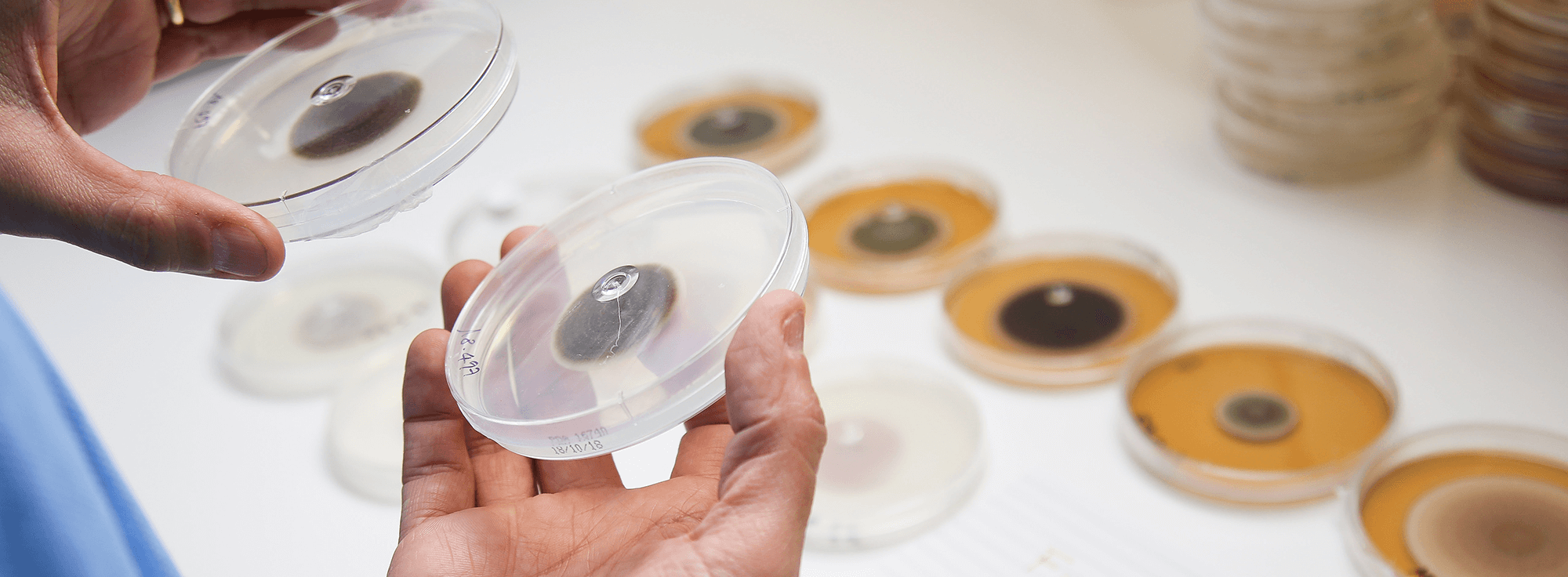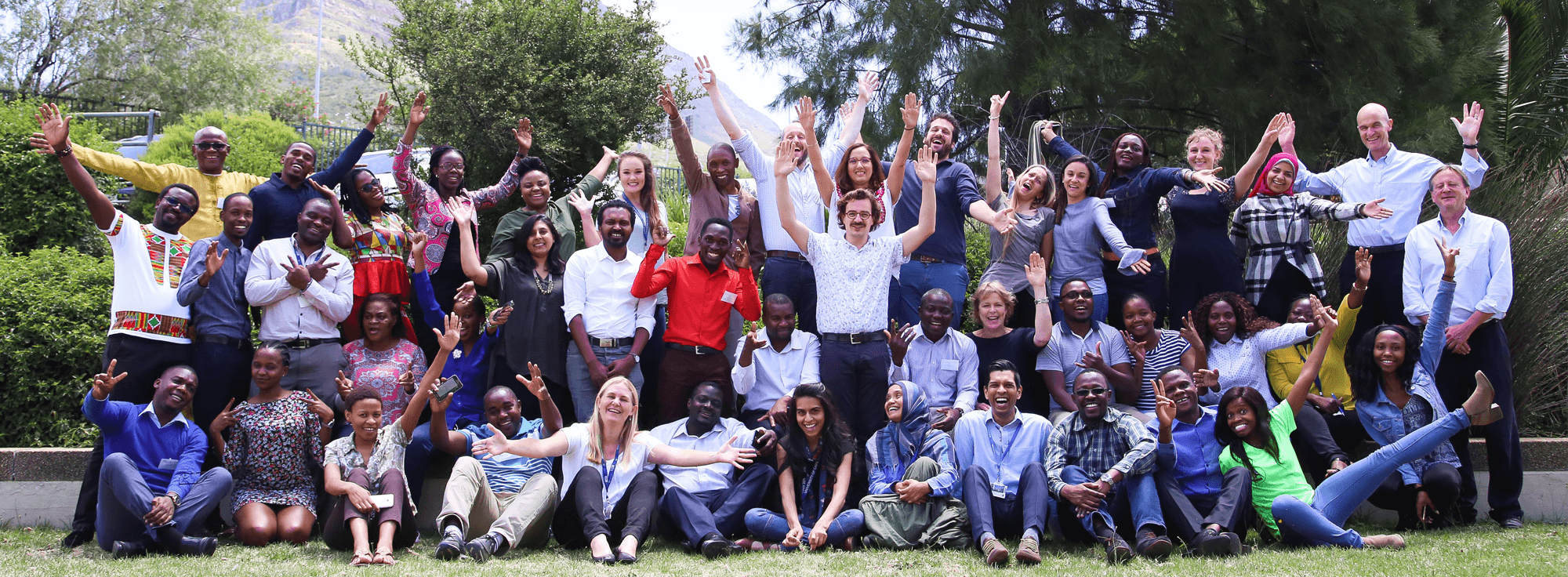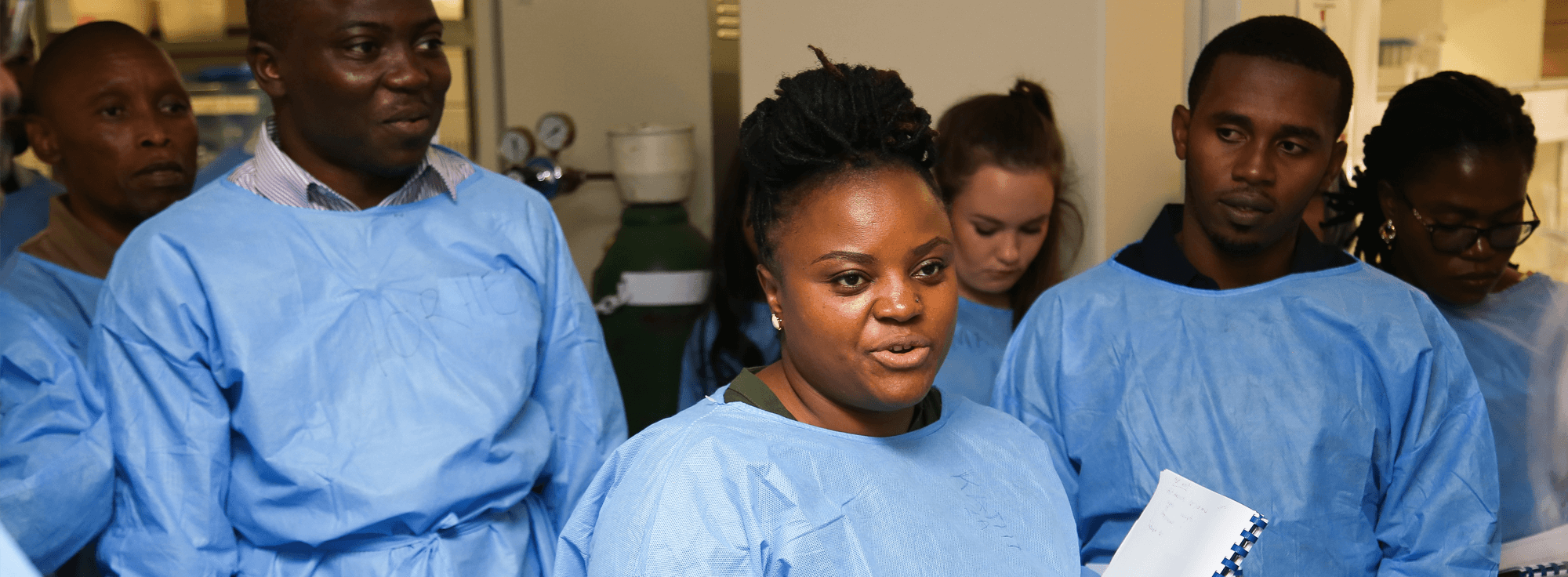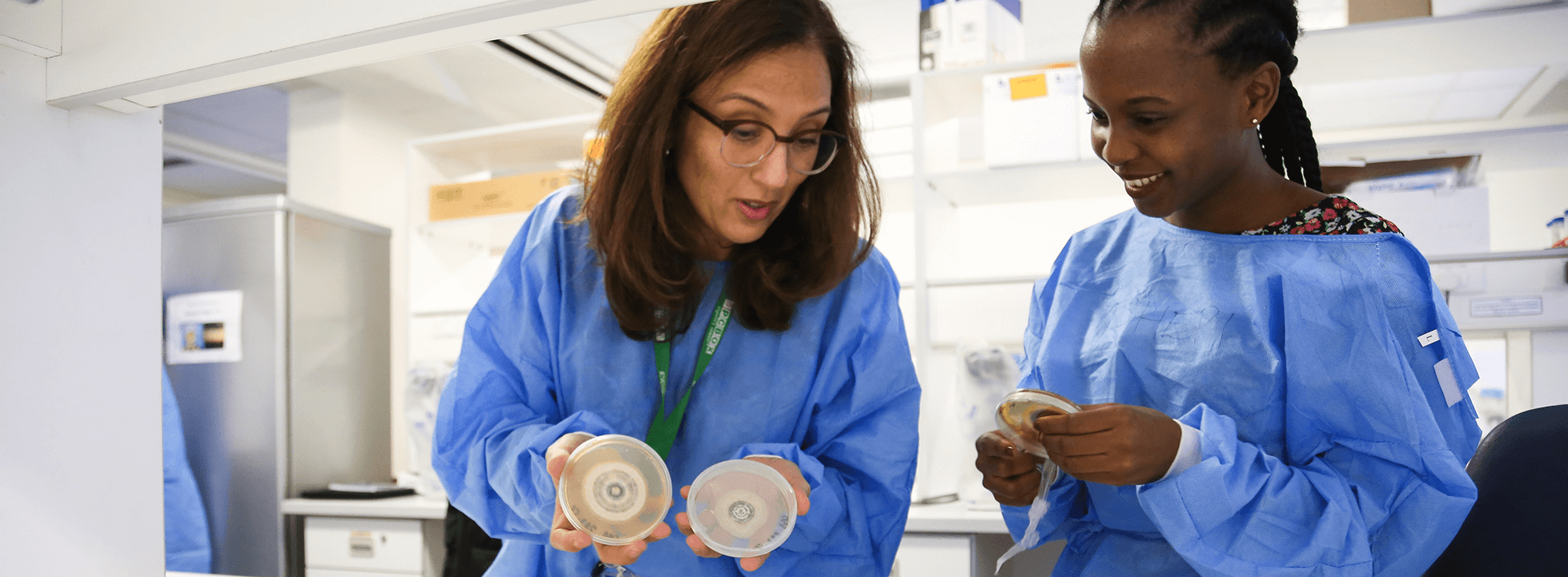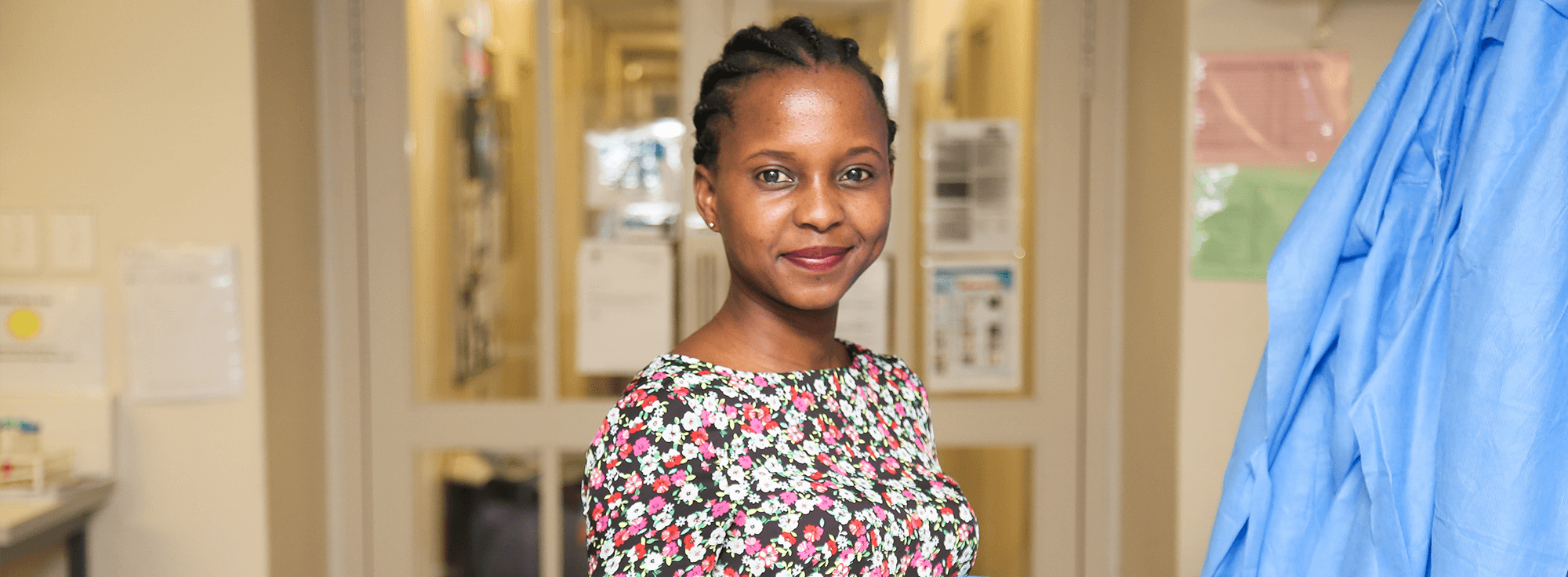Ending deaths from HIV-related cryptococcal meningitis by 2030
Stakeholders including the MRC CMM and AFRICA Unit members1, and Centres for Disease Control and prevention in the USA, have come together to launch urgent efforts to end HIV-associated cryptococcal deaths by 2030.
HIV-related cryptococcal meningitis is responsible for over 180,000 deaths per year, accounting for approximately 20% of the annual worldwide burden of HIV related deaths.
HIV-related deaths are no longer decreasing, despite improved antiretroviral treatment for HIV infection. This is due in part to late diagnosis of HIV, and also to people dropping out from care, stopping taking their HIV medicines, and then becoming sick again. Late diagnosis of HIV is often accompanied by invasive fungal disease caused by HIV-related immune deficiency. The World Health Organisation has now recognized that to further reduce HIV deaths there is an urgent need to improve the treatment of complications such as cryptococcal meningitis.
The AFRICA Unit and MRC CMM are contributing to this effort by working to advance scientific understanding of the fungal pathogen Cryptococcus neoformans. Developing a better understanding of Cryptococcus, and the way it interacts with the human immune system, will enable improved diagnosis, prevention and treatment of cryptococcal meningitis.
And clinical trials in African hospitals, such as the AMBITION trial and the ACTA trial – both led by Prof. Tom Harrison, aim to address diagnostic and therapeutic gaps, so as to develop the best treatments to reduce the fatality rate from this fungal disease.
Recent progress has been made, notably by the ACTA trial that showed that combination treatments that include a drug called flucytosine could halve deaths rates from 70% to 30-35%.
1 Prof. Tom Harrison, Dr Tihana Bicanic, Dr Carolina Coelho , Dr Liliane Mukaremera, Dr Rhys Farrer, Dr Rachel Dangarembizi
